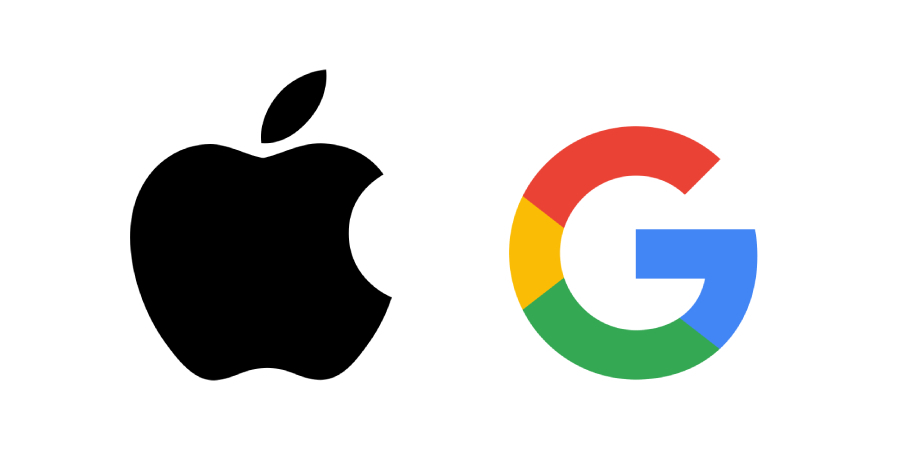India has opened an antitrust investigation into Google for its dominance in the smart TV sector. Apple has written a letter to US lawmakers in order to push back against proposed legislation that will allow sideloading of apps on iOS. The EU has opened a new investigation into Google about its use of consumer data in the adtech space.
It has been a turbulent month for big tech companies. With government around the world debating new legislation to rein in big tech's power and monopoly, we take a look at some of the latest developments in Google and Apple's antitrust woes:
See also: Big Tech Is Nervous About Lina Khan's Appointment as FTC Chair
1. India investigating Google for smart TV dominance
The Competition Commission of India (CCI) has ordered a new investigation into Google's anti-competitive practices in the smart TV segment. Though Google has denied any wrongdoing on its part, the CCI believes there is enough cause to open an investigation. In the investigation order the CCI stated, "The Commission is of the prima facie opinion that by making pre-installation of Google’s proprietary apps (particularly Play Store) conditional upon signing of ACC (Android Compatibility Commitments) for all Android devices manufactured/distributed/marketed by device manufacturers, Google has reduced the ability and incentive of device manufacturers to develop and sell devices operating on alternative versions of Android i.e. Android forks, and thereby limited technical or scientific development relating to goods or services to the prejudice of consumers in contravention of Section 4(2)(b) of the Act." The order also states that Google prevented TV OEMs from selling devices with any other competing Android forks. Google is also being accused of using its app store dominance to promote its own services like YouTube on smart TVs. The CCI believes that their preliminary investigation has revealed enough cause to order a detailed inquiry. In response to the investigation, a spokesperson from Google said that the company is confident that its smart TV licensing practices comply with all applicable competition laws.
2. Apple's letter to US lawmakers
Apple is scrambling to push back against a package of 6 tech reform bills that are currently being discussed in the US senate. If passed, these bills would force apple to allow sideloading of apps on iOS. Currently, uses must go through Apple's app store in order to install apps on their devices. Thus Apple acts as a gatekeeper on what apps can make it onto user's phones. Ther in lies the concern regarding anti-competition. Similar legislation is being considered by the EU, in the UK, and in Australia. To push back Apple wrote a letter to US lawmakers warning about the harm that can occur if the legislation is passed. In the letter, Apple senior director of government affairs for the Americas, Timothy Powderly writes, "We are concerned that many provisions of the recent package of antitrust reform legislation would create a race to the bottom for security and privacy, while also undermining innovation and competition." The company says that the proposed legislation would destroy the security of Apple's ecosystem and reduce user's privacy.
The company further elaborated on this claim via a paper titled, "Building a Trusted Ecosystem for Millions of Apps: The important role of App Store protections". The company argues that by allowing more channels to get applications the iOS ecosystem would have a wider surface for attack. This will make users more vulnerable.
3. The EU's latest investigation into Google for adtech
The European Commission has opened a new investigation into Google. The investigation will determine if Google distorts competition by restricting access to user data by third parties. This data can be used for the purpose of advertising on apps and websites. Google however utilizes the data themselves. Executive vice-president at the European Commission, Margrethe Vestager commented on the investigation, "We are concerned that Google has made it harder for rival online advertising services to compete in the so-called adtech stack." This is not the EU's first investigation into Google, in 2018, Google had to pay a €4.3 billion fine for restricting search competitors from appearing as the default search engine on European mobile devices.
Subscribe to whitepapers.online for the latest technology information and news.
Featured image:
Apple Logo from freepnglogos.com | Google Logo History from freepnglogos.com
